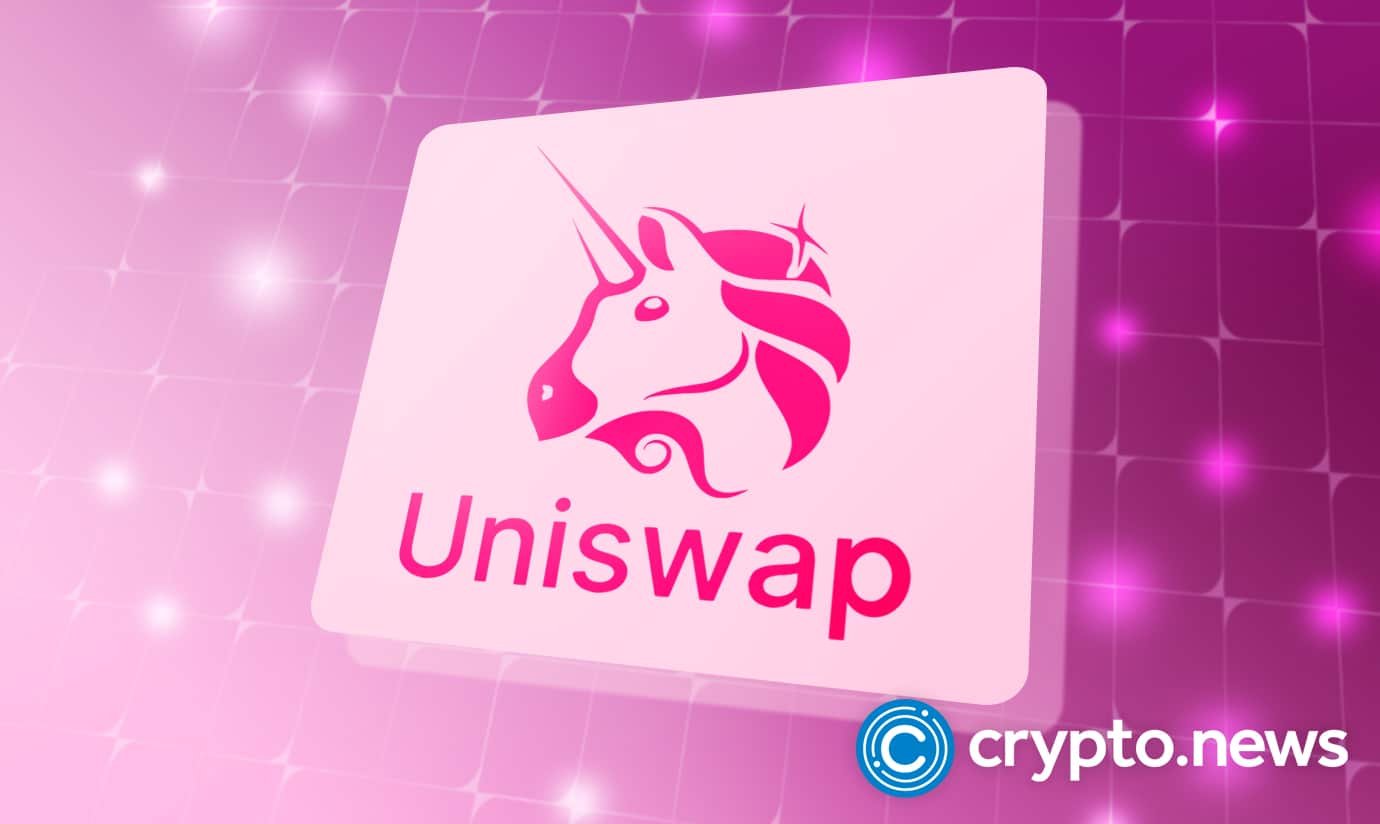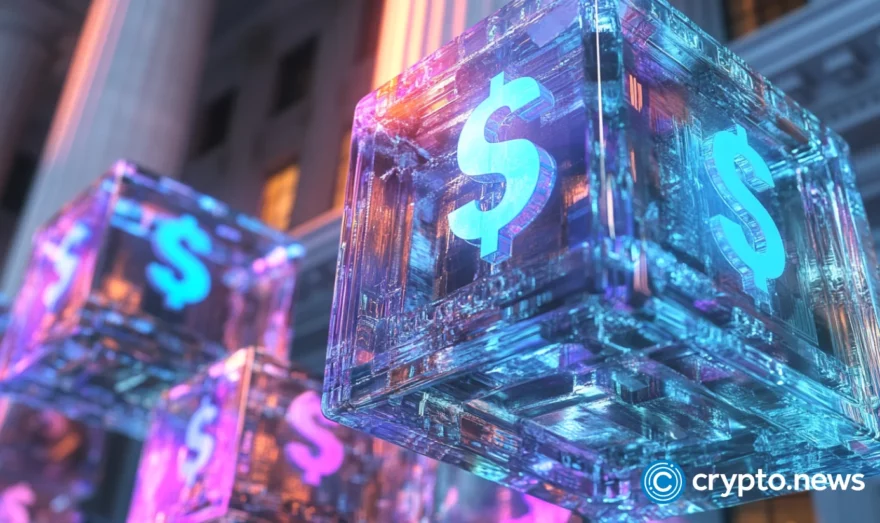What Is a Governance Token?

Governance tokens play a crucial role in blockchains, enabling projects to distribute decision-making power among a globally distributed set of people. Keep reading to learn more about governance tokens and their functions.
Table of Contents
What Are Governance Tokens?
Governance tokens enable community ownership and the stewardship of blockchain-based projects like decentralized finance (DeFi) protocols or blockchain games. Such governance tokens are particularly popular among the many upcoming Web3 protocols.
The holders of governance tokens can vote for or against proposals to implement change. DeFi protocols use these tokens to distribute decision-making power to their communities. Every project with a governance token has its own unique definition of ownership and governance.
DeFi protocols that want dedicated members of their communities to participate in the decision-making process of the project may create a decentralized autonomous organization (DAO). This community-led entity is built on the blockchain and has no central authority. It may require interested users to invest their own money into the governance token in exchange for voting rights. As such, governance tokens represent these voting rights and each user’s stake in the DAO.
Traditional companies generally have a board of directors that holds all the power. They decide on how the company will run, what directors get hired or fired, and all other important company matters. This is centralized governance. On the other hand, decentralized governance distributes decision-making power across a community of as many people as possible, rather than limiting it to a few people. Hence, it is more transparent, distributed, and (ideally) equitable.
How Do Governance Tokens Work?
DeFi protocols use governance tokens to achieve decentralized governance. Projects may reward early adopters with governance tokens. Depending on the protocol’s governance rules, one governance token may represent one vote.
Holders of governance tokens vote on proposals that affect the development of the protocol. Voting takes place on-chain through self-executing code that resides on the blockchain. This code is referred to as a smart contract. Ideally, the smart contract automatically implements the results of the voting process.
Every protocol has different rules defining how a governance token works. For instance, protocols may incentivize holders of governance tokens by giving them a share of the transaction fees.
The Ethereum-based DAO, MakerDAO, issued one of the earliest governance tokens. Holders of the governance token, MKR, vote on the decisions affecting the development of the Maker protocol. One MKR token represents one vote.
The Role of Governance Tokens in Web3
Governance tokens are a precursor to full decentralization. They can help build a decentralized internet where decision-making powers shift from a centralized structure to communities.
A possible benefit of a decentralized internet could be that people have more control over how organizations collect and distribute their personal data.
Web3 promises decentralization, transparency, equity, and freedom. To achieve this, community-led DAOs and the governance tokens that make decentralized decision-making possible are crucial aspects of this brave new version of the internet.
The tokens will allow Web3 users to participate actively in the decision-making process of organizations. Moreover, they’ll enable people to own parts of the decentralized apps they use every day and potentially make some income in the form of financial dividends distributed by these applications.
Top Governance Tokens by Market Capitalization
Uniswap (UNI)
UNI is a governance token built on Ethereum. It enables the governance of Uniswap, a protocol that facilitates peer-to-peer trading of ERC-20 tokens. Members of the Uniswap DAO can vote on governance and treasury matters, as well as on the roadmap of the decentralized exchange (DEX) by holding UNI tokens.
Token holders can also delegate voting rights to a third party and submit proposals for UNI holders to vote on. Delegation means binding your tokens’ voting power to an address so that it can be used to vote. The address can be that of the UNI holder or a trusted third party.
ApeCoin (APE)
ApeCoin is an ERC-20 token that allows holders to participate in the ApeCoin DAO. APE holders can submit proposals for change and vote for or against proposals related to the project. Additionally, they can delegate their voting powers to other trusted ApeCoin DAO members. NFT company, Yuga Labs, inspired the ApeCoin project.
Yuga Labs is the creator of the popular NFT project, the Bored Ape Yacht Club.
Aave (AAVE)
AAVE is an ERC-20 token used in the governance of lending and borrowing DeFi protocol, Aave. It permits holders to submit proposals and vote for or against those proposals.
Holders get governance powers that are equal to the number of AAVE tokens they have. They can also delegate proposal and voting powers to others. Users that have staked AAVE get voting powers as well and earn staking rewards.
Advantages & Disadvantages of Governance Tokens
Now, let’s look at the benefits and drawbacks of governance tokens.
Advantages
- Building active and distributed communities: Governance tokens give protocols the ability to build active and distributed communities, ensuring the projects develop healthily.
- Aligning interests: Centralized governance is likely to cause misaligned interests. However, involving the community in the decision-making process helps to align the interests of users with those of the project team.
- Full decentralization: Governance tokens allow protocols to achieve full decentralization by distributing decision-making powers to the community. Without this, protocols would not be fully living up to the decentralized ethos of DeFi.
Disadvantages
- Risk of whale control: The founders, team members, and investors may receive a significant amount of governance tokens, giving them majority control over the protocol’s decision-making process. Even in the case of a fair launch where tokens are wholly allocated to users, distribution may still be highly concentrated among a small group of people, as this paper explains. This creates a plutocracy instead of a democracy. Plutocracy is a governance system, where decision-makers derive power from their wealth.
- Locked tokens: Some projects may lock the governance tokens allocated to team members and investors for a certain duration. When the vesting period ends and the tokens are released, there will be a potential supply shock as a result of an increase in a token’s circulating supply. This could affect voting power if the team ends up with the majority of the governance tokens. It can also impact the market price of the token.
FAQs
Where Can You Buy Governance Tokens?
You can purchase governance tokens on various cryptocurrency exchanges, such as Binance and Kraken. All you need is an account on centralized crypto exchanges and funds to buy the tokens. If you’re using a DEX, you will need a DeFi wallet compatible with the platform and some cryptocurrency.
What is the Future of Governance Tokens?
As DeFi and DAOs become more popular, other industries may eventually adopt this governance model. Governance tokens will also evolve as projects look for new and innovative ways to solve the current issues. In the future, governance tokens may come under the scrutiny of regulators. This could affect how these tokens work as well as their potential for value accrual.
Should You Invest in Governance Tokens?
Governance tokens are typically issued by decentralized protocols and are traded as a proxy of that protocol’s success. As such, governance tokens are generally high-risk investments and should probably not make up a large portion of an investor’s portfolio.















